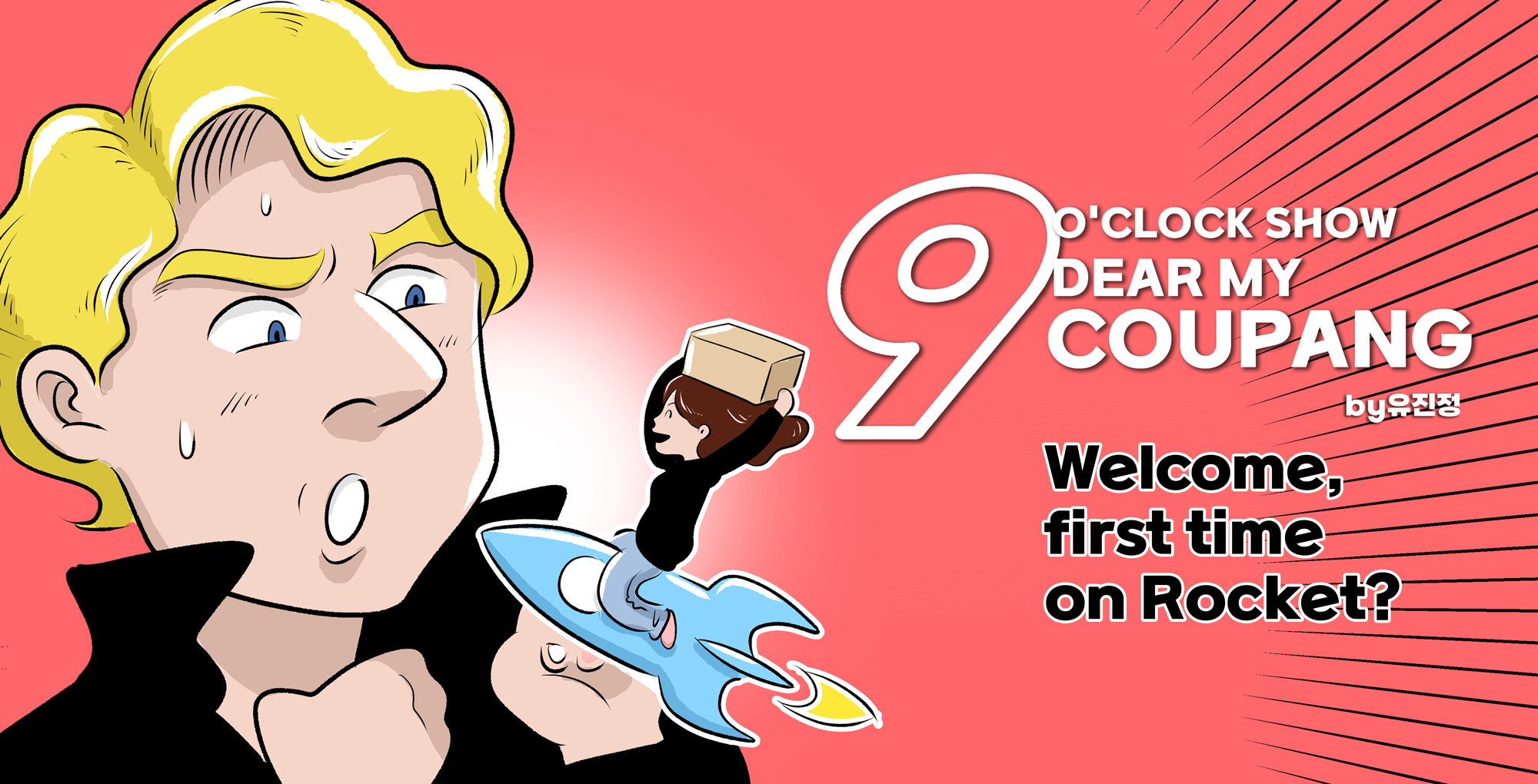Nothing brings people together quite like food. James Chung, an avid food writer and wine enthusiast, and Matt Blesse, a chef with nearly a decade of experience working in Korea, met at a social gathering hosted by a mutual acquaintance in the food industry. As third culture kids with a passion for all things food, the two clicked on many levels and soon became close friends. They found themselves cooking so often for other friends and experimenting with different ideas that an eventual collaboration felt inevitable—a pop-up restaurant to bring out the best of their Korean and American heritages.
Logistics, however, turned out to be tricky. James worked during the day at a law firm, while Matt worked nights and weekends at a brunch/whiskey bar. This made the times they could actually work together a precious commodity. Because they weren’t a full restaurant, they didn’t have contracts with suppliers, requiring an alternative method to source ingredients cheaply and reliably.



Preparing ssamjang smoked in wood charcoal (all ingredients sourced from Coupang)
But even finding the ingredients proved a challenge. Many Western ingredients, if they could even be found in-store, were often only available at gourmet shops or high-end department stores at highly marked up prices. Meanwhile, the traditional Korean techniques they were most interested in exploring had been relegated to the countryside, meaning they couldn’t simply walk into local markets for their Korean ingredients either. With Coupang, however, James and Matt found a solution for all these issues in one fell swoop.
“Coupang is indispensable,” said James. “It’s an even faster version of Korea’s already fast logistics, and it gives you access to things that would be hard to find anywhere else. Like nuruk (traditional Korean fermentation starter to make alcohol)—I don’t even know where I would get that.”

Matt agrees. “Professionally, I’ve used it mainly for specialty ingredients,” he said. “For example, the hot sauces we’ve been able to find on Coupang are really surprising. They carry a lot of some pretty obscure brands—like Yellowbird hot sauce, that did not exist in any capacity in Korea 10 years ago.” He added, “And when we hear about some cool things, and ask what is that, Coupang would have it. It’s easier to find things than going somewhere in the countryside to find something like eoyukjang (a rare traditional Korean soybean paste made with beef, chicken, pheasant, and various seafood).”

Due to their ambitious aims—“Anyone can slap different ingredients together and call it fusion, but we want to do something that’s experimental while still being true to the tradition,” notes Matt—James and Matt’s process requires lots of experimentation and trials. For this, Coupang has been essential. “I do love Dawn Delivery,” said James. “Being able to estimate when you’ll get something, you can plan around that. There were definitely times where we needed to test something for our pop-up in the evening the next day, and we wouldn’t have time to go somewhere else. If you remember you need something at 7 PM, and you need it the next day, you have to get it on Coupang, because there’s no shop that you know for sure has it, that’s also open, so in that sense it’s extremely convenient.”

For James and Matt, the convenience of Coupang doesn’t end with their business. “95% of my online shopping is on Coupang. It’s just easier,” said James. And Matt, who has lived in Korea for nearly the entire existence of Coupang (founded in 2010), has noticed the services have gotten even better. “On a personal level, the selection of items that are available on Rocket Jikgu in terms of foreign ingredients, things that I miss, has really improved over the years. I recently came back from the states with a bag full of all this junk food that I love from the States, and for half of them, James was like, you can get that here on Coupang, what are you doing? Why’d you bring that back with you? So in that sense, Coupang is nice because you can get a lot of things that I miss from home.”

For now, James and Matt plan to continue doing events under their pop-up “Actually Good,” together with their friend Nancy Pappas. “This is a passion project,” said Matt. “We don’t do it to make money, it’s really more about the joy we have of connecting people through food.” James added, “I just want to keep feeding people and doing the thing we love in a way that makes us happy… and to that end, it’s very convenient to have something like Coupang.”








